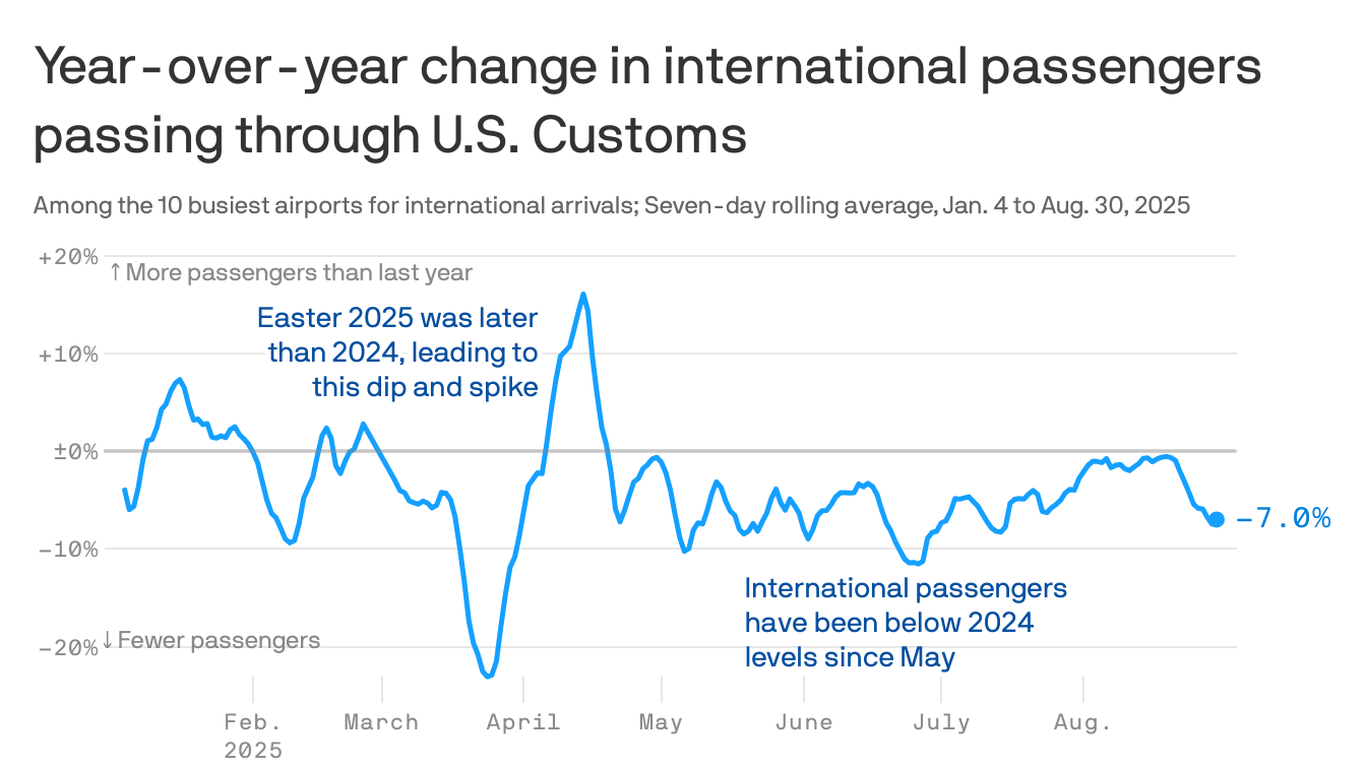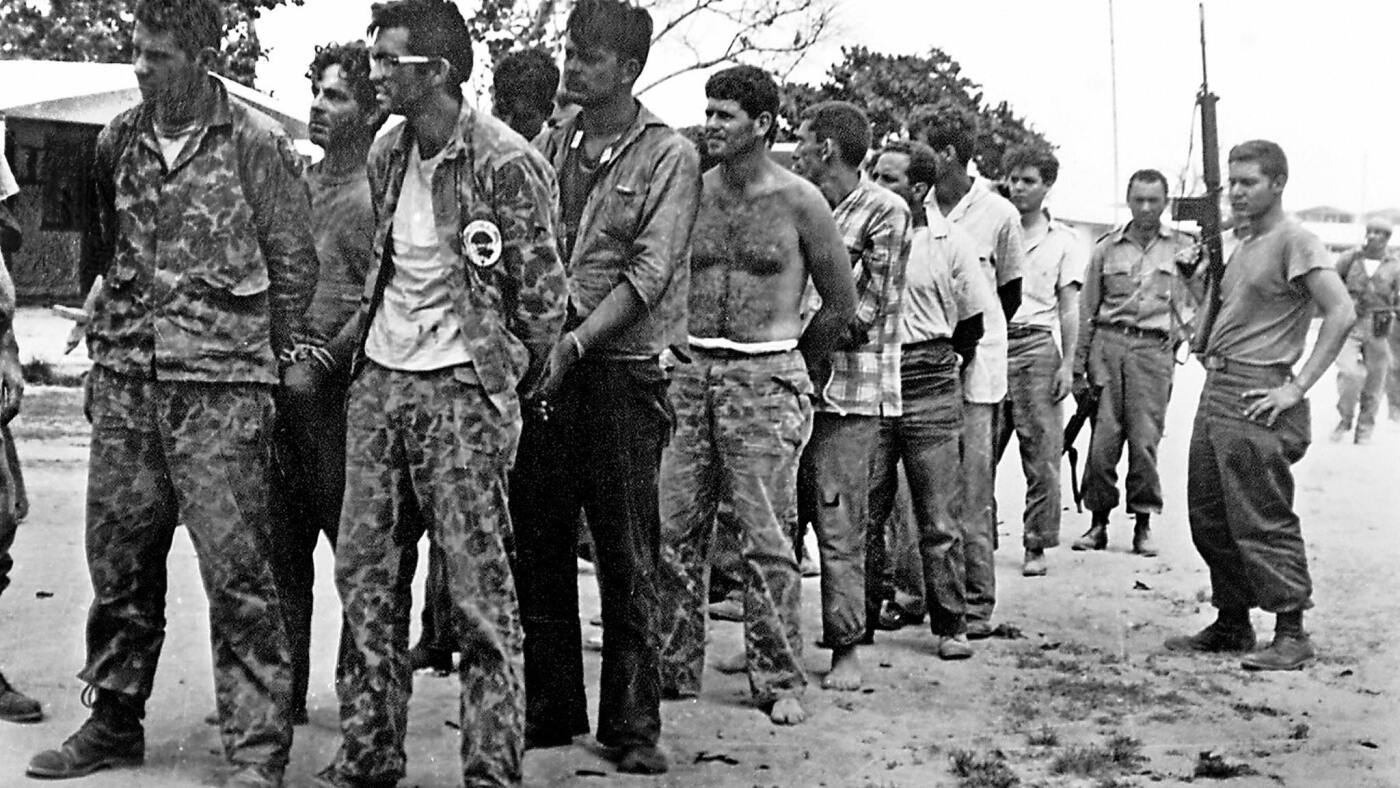Malawi's Highly Anticipated Presidential Election
Introduction
Malawi is currently in the midst of a highly anticipated presidential election, with the country's economic turmoil taking center stage as the top issue. The AP News reports that the vote, which took place on Tuesday, is expected to be a tight race between old rivals and may potentially lead to a runoff.
Key Details
The election comes at a critical time for Malawi, one of the world's least-developed countries. The country has been struggling with economic challenges, including high unemployment rates and a weak currency. In fact, President Lazarus Chakwera, who is seeking reelection, has faced criticism for not doing enough to address these issues.
Furthermore, the election is not just a two-way race. In addition to Chakwera, there are five other candidates vying for the presidency, including the current vice president Saulos Chilima. This adds another layer of complexity to the election and could potentially lead to a runoff if no candidate receives a majority of the votes.
Impact
The outcome of this election will have a significant impact on the future of Malawi. With economic turmoil at the forefront of voters' minds, the elected president will have the crucial task of addressing these issues and improving the country's overall economic health. In addition, the election is seen as a test of the country's democratic processes,
About the Organizations Mentioned
AP News
## Overview The Associated Press (AP) is the world’s largest newsgathering organization, operating as a nonprofit cooperative owned by its member newspapers and broadcasters in the United States[1][7]. It delivers news, photographs, video, and audio to over 1,700 member newspapers, 6,000 broadcasters, and 8,500 other subscribers in 110 countries[1]. AP’s mission is to advance the power of facts through independent, nonpartisan, and fact-based journalism, reaching an estimated four billion people daily[4][7]. ## History AP was founded in 1846 when five New York City newspapers pooled resources to share the cost of covering the Mexican-American War, pioneering the concept of cooperative newsgathering[3][4][8]. Originally known as the New York Associated Press, it expanded as regional groups formed and merged, leading to the modern AP’s incorporation in 1900 after legal and organizational shifts[2][3]. From the start, AP focused on accurate, timely reporting—a tradition that continues today[4][7]. ## Key Achievements AP has been a pioneer in news technology, establishing the first leased telegraph wires for news transmission in 1875 and launching innovative services like APTN (television news) and AP All News Radio[1][5]. Its journalists have won 59 Pulitzer Prizes, including 36 for photography, reflecting a consistent commitment to excellence[7]. AP has reported on every major global event since the mid-19th century, from wars and elections to cultural milestones[4][6]. ## Current Status Today, AP operates nearly 250 bureaus in almost 100 countries, producing approximately 400,000 stories, 80,000 videos, and 1.2 million photos annually[4][7]. It remains financially independent, funded by its members and subscribers rather than government or private ownership, ensuring editorial independence[6][7]. AP’


















